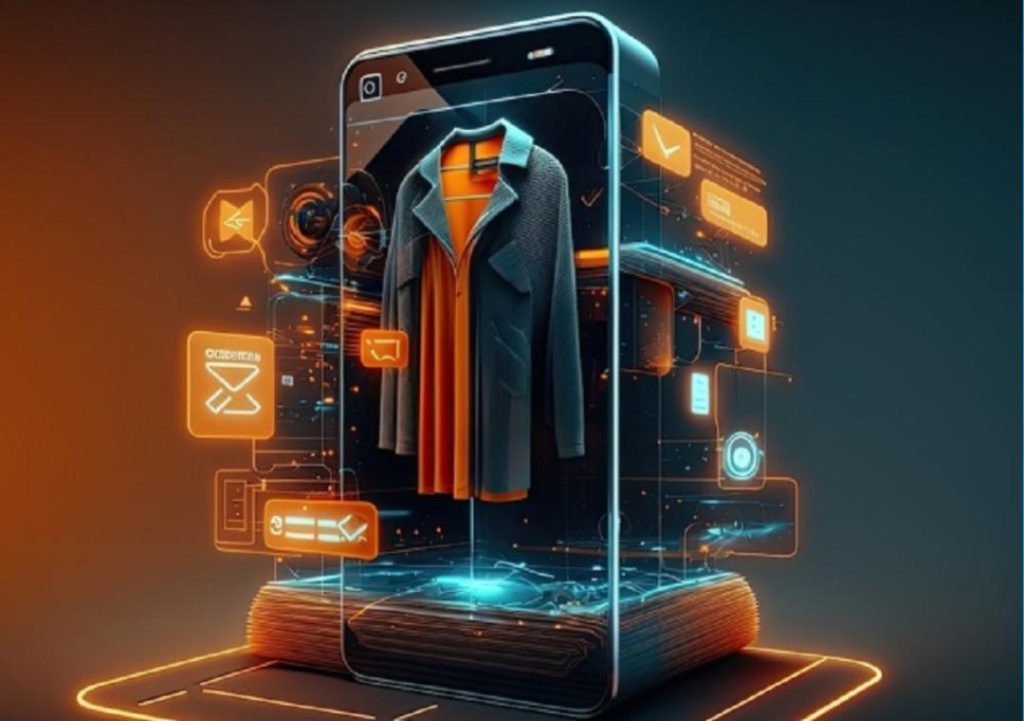
How AI, AR & Automation are Redefining Online Shopping in 2025
Online shopping has undergone a significant transformation in recent years, and as we step into 2025, it’s expected to become even more revolutionary. The convergence of Artificial Intelligence (AI), Augmented Reality (AR), and Automation is redefining the way customers interact with e-commerce platforms, making their shopping experience faster, more immersive, and frictionless.
In this blog post, we’ll explore how AI chatbots, smart recommendations, and voice commerce are enhancing user experience, while AR virtual try-ons and automation are streamlining supply chains and delivery.
AI-Powered Personalization
One of the most significant advancements in online shopping is the integration of AI-powered personalization. AI chatbots, in particular, are revolutionizing customer service by providing 24/7 support and assistance. These chatbots can understand natural language, allowing customers to interact with them in a more human-like manner. As a result, customers can quickly find the products they need, get answers to their questions, and resolve issues without having to wait for human assistance.
Moreover, AI-powered personalization is enabling e-commerce platforms to offer tailored recommendations based on a customer’s browsing history, purchase behavior, and preferences. This level of personalization has been shown to increase conversion rates, reduce cart abandonment, and drive customer loyalty.
Smart Recommendations
Smart recommendations are another area where AI is making a significant impact. These recommendations are based on complex algorithms that analyze customer data, product features, and market trends to suggest relevant products. Smart recommendations can be integrated into various parts of the shopping experience, such as product pages, search results, and email marketing campaigns.
For instance, if a customer is browsing a fashion website and views a pair of jeans, smart recommendations can suggest complementary products, such as a matching top or accessories. This level of personalization not only enhances the customer’s shopping experience but also increases the chances of making a sale.
Voice Commerce
Voice commerce is another area where AI is making waves in online shopping. With the rise of smart speakers and voice assistants, customers are increasingly using voice commands to search for products, make purchases, and access customer support. Voice commerce is particularly beneficial for customers who are visually impaired or have difficulty typing on small screens.
E-commerce platforms that integrate voice commerce can expect to see significant growth in sales, as customers can easily search for products and make purchases with just their voice. For instance, Amazon’s Alexa has enabled customers to make purchases, play music, and access various skills using voice commands.
AR Virtual Try-Ons
Augmented Reality (AR) is another technology that’s transforming online shopping. AR virtual try-ons allow customers to preview products in a more immersive and interactive way. For instance, a customer can try on a pair of sunglasses or a piece of jewelry using AR, giving them a better understanding of how the product looks and feels.
AR virtual try-ons are particularly beneficial for products that are difficult to visualize, such as clothing or accessories. By providing customers with a more immersive shopping experience, e-commerce platforms can expect to see increased conversions and customer satisfaction.
Automation Streamlining Supply Chains and Delivery
Automation is also playing a crucial role in redefining online shopping. Automation is streamlining supply chains and delivery, making it faster and more efficient for customers to receive their products.
For instance, automated warehouses are using robots and artificial intelligence to manage inventory, pick and pack orders, and ship products quickly. This level of automation is reducing shipping times, increasing accuracy, and improving the overall customer experience.
Conclusion
As we move into 2025, it’s clear that AI, AR, and Automation are redefining online shopping. By providing customers with personalized experiences, immersive shopping environments, and efficient delivery, e-commerce platforms can expect to see significant growth and customer loyalty.
In conclusion, the future of online shopping is all about providing customers with a seamless and frictionless experience. By leveraging AI-powered personalization, smart recommendations, voice commerce, AR virtual try-ons, and automation, e-commerce platforms can stay ahead of the competition and meet the evolving needs of their customers.
Source:
https://www.growthjockey.com/blogs/e-commerce-tech-trends-online-shopping






